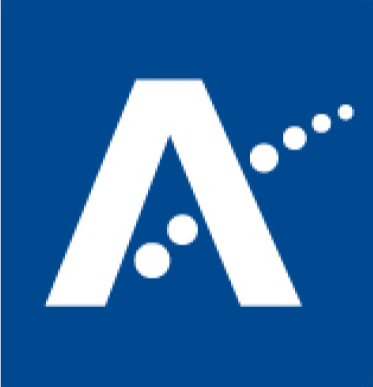6. The Principles of Curriculum for Excellence As They Apply to Children With Significant and Complex Needs
The school described fully embraced the principles of CfE as they apply to effectively meeting the needs of children and young people with significant and complex needs. The school described them as follows:
- Challenge and Enjoyment
- The strengths, interests and needs of the children and young people are at the centre of planning.
- Learning tasks engage interest and are
- Fun is evident throughout the school. Learning through play is an important element in the school day.
- Teachers and support staff know children and young people sufficiently well to set suitably challenging goals for
- Breadth
- All curriculum areas and subjects are included in the learning contexts of the school.
- Relevant learning outcomes and experiences are selected to reflect the ethos and life of the school community.
- All children and young people are involved in whole school initiatives such as Enterprise, Rights Respecting Schools, ECO and Health and Wellbeing.
- Progression
- Learning and teaching in the school responds to the different ways learners’ progress.
- Learning contexts are age and stage appropriate whilst taking account of the developmental needs of children and young people.
- Progression routes for children and young people are individualised by planning small steps forlearning which are evaluated and celebrated.
- Teachers ensure progression through referring to skills frameworks such as Equals P Scales and the school’s Skills Development Framework, which is described later, to inform planning.
- Generalising the developing skills of children and young people across different contexts provides evidence of progress.
- During the senior phase, young people’s progress and attainment are recognised through SQA and ASDAN units and courses.
- Depth
- Topics/ cross curricular themes and relevant aspects of learning and play reinforce learning and enable teachers to capitalise on learners’ interests and motivation.
- Young people can research areas of interest such as aspects of personal life, the school, the wider school campus and the local and wider community.
- Support of charity events enables children and young people to find out about the needs and lives of others in a meaningful
- At the secondary stages and particularly during the senior phase, young people develop independent life skills through placements and experiences in a residence which works in close partnership with the school.
- Personalisation and Choice
- Some children and young people have a Co-ordinated Support Plan (CSP) which has cleareducational and health and wellbeing objectives.
- Each learner has an Individual Education Plan (IEP) with SMART targets set forLiteracy, Numeracy and Health and Wellbeing.
- In addition, some Teachers and class teams work collaboratively with Allied Health professionals to ensure targets match the specialist needs of learners.
- Parents/ carers who know their children’s needs are close partners in all
- Learning intentions are shared with children and young people in a variety of ways and they receive highly personalised feedback during their learning to inform their next steps in learning
- Making choices is a central aspect of the development of children and young people. This includes helping children to know what choice is, widening learning experiences, interacting with the environment, social interactions, working and collaborating with others and personal responsibility.
- Options in the curriculum have been developed at the secondary stages through the ‘Choices Afternoon’ to allow young people to make choices in order to broaden their experiences, follow their interests and work in real life situations.
- Coherence
- The thematic approach and whole school topic approaches ensure curricular coherence forchildren and young people as well as for
- The organisational structure of classes and teacher deployment ensures that teachers are able to promote coherence in learning for each child.
- Specialist teachers who make strong and meaningful relationships with children and young people, plan in line with cross curricular themes and whole school initiatives.
- During June teachers meet to exchange information in preparation for seamless transition between stages.
- Relevance
- The learning contexts within the curriculum are planned to ensure they are relevant to the needs, age and stage of the learners.
- Much of the curriculum is practical and meaningful to ensure all children and young people understand the relevance of learning.
- Planning takes account of the whole child or young person and their interests beyond the school day.
back to top
 Education and Children's Services
Education and Children's Services